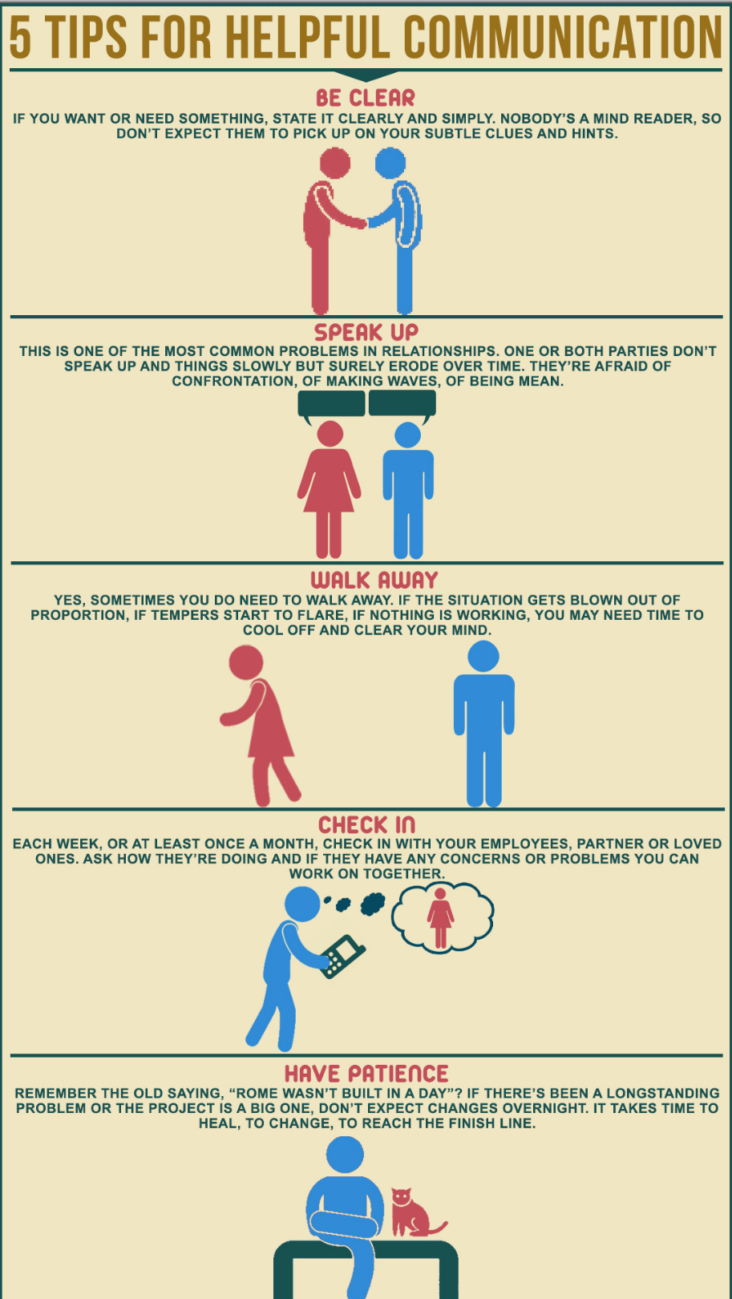Effective communication is key for any healthy family, but it can be tricky to master for some. As an 18-year-old student, I understand that having strong and effective communication within your family is important and can have a lasting impact on everyone’s relationships. That’s why I’ve compiled five tips to help you and your family effectively communicate with each other. In this article, I’ll be discussing the importance of active listening, the power of empathy, and more to help you create a stronger communication network within your family. So, if you’re looking to improve communication between your family members, read on to discover five tips to help you out!
Establish Clear Communication Rules and Boundaries
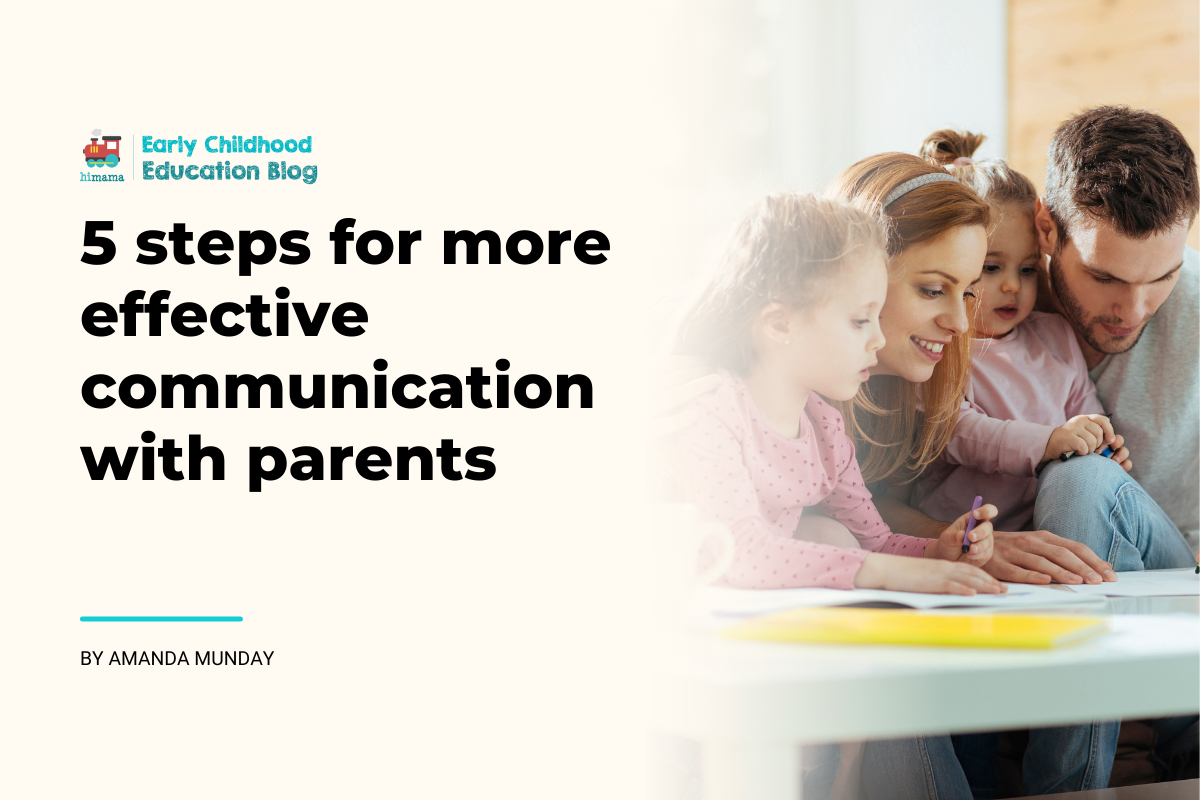
It’s important to set up clear communication rules and boundaries in your family. Everyone needs to be aware of what is and isn’t acceptable behavior when it comes to communication. This could include things like respecting each other’s personal space when having a conversation, not interrupting each other when someone is speaking, and not using harsh language. Additionally, it’s important to establish a method for having difficult conversations. This will help to ensure that everyone feels heard and respected during conversations. Lastly, make sure to be open to constructive criticism and feedback as a way to continuously improve communication within the family.
Practice Active Listening In Conversation

When it comes to effective communication in your family, practicing active listening is key. Active listening involves paying attention to the speaker, asking questions and acknowledging their point of view. It’s important to really listen to what the other person is saying, instead of just waiting for your turn to talk. This shows them that you care and value their opinion. Additionally, make sure you give the other person time to finish their thought and don’t interrupt them. This will make them feel heard and respected, which is essential for good communication.
Avoid Complacency and Take Responsibility
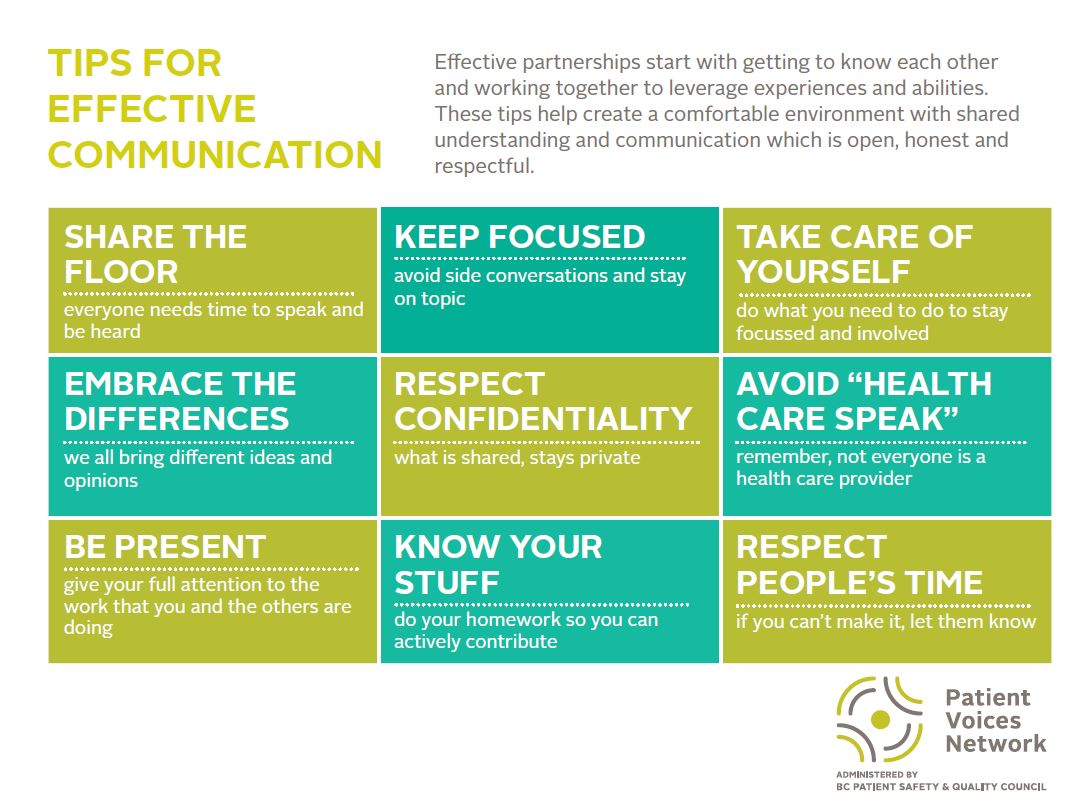
When it comes to effective communication, taking responsibility is key. Instead of just assuming your family knows how you feel, make sure you’re speaking up and vocalizing your thoughts. It’s easy to get complacent in family dynamics, but it’s important to shake things up and keep the conversation going. Don’t be afraid to take responsibility for your own feelings and feelings of other family members. Let your family know when something is wrong or when you need a little extra help. Taking responsibility can strengthen the communication lines in your family and help everyone better understand each other.
Foster Open and Honest Dialogue
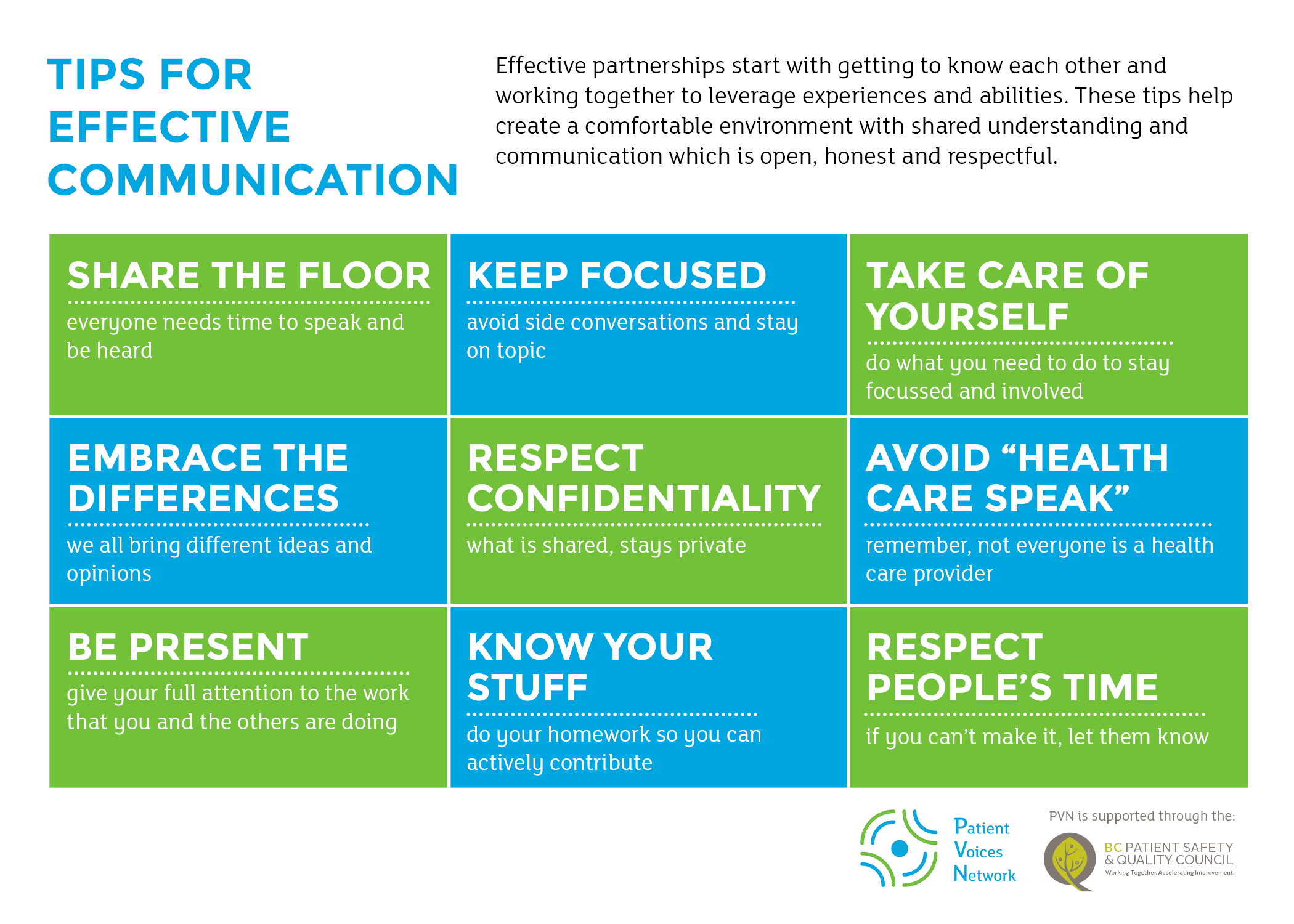
Having open and honest communication within your family is essential for a healthy relationship. It’s important to foster this dialogue by encouraging everyone to speak openly and honestly. If you have a disagreement, try to listen to each other’s perspective without judgment. Don’t be afraid to ask questions if you don’t understand something. Avoid using negative language and don’t take things personally. Be mindful of how you communicate with your family and make sure everyone gets a chance to express their opinion. It’s also important to practice active listening, show respect, and be patient. These tips are key to creating an environment of open and honest dialogue in your family.
Utilize Creative Conflict Resolution Strategies
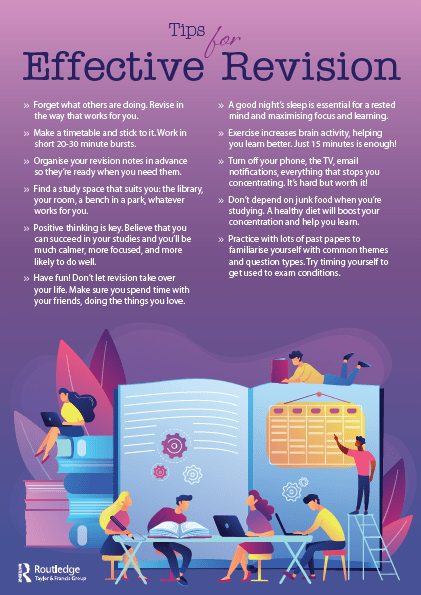
When it comes to effective communication within your family, utilizing creative conflict resolution strategies is key. Whether you’re dealing with an argument between siblings or disagreements between parents and children, coming up with unique ways to solve the problem can help establish a healthier family dynamic. One way to do this is by introducing non-combative activities like board games, which can help provide a distraction and enable more productive conversations. Additionally, it’s important to ensure that everyone is heard and respected. This means taking turns speaking and actively listening to what the other person has to say without judgement. Finally, don’t forget to take breaks if needed, and remind everyone to stay calm and collected throughout the process.

